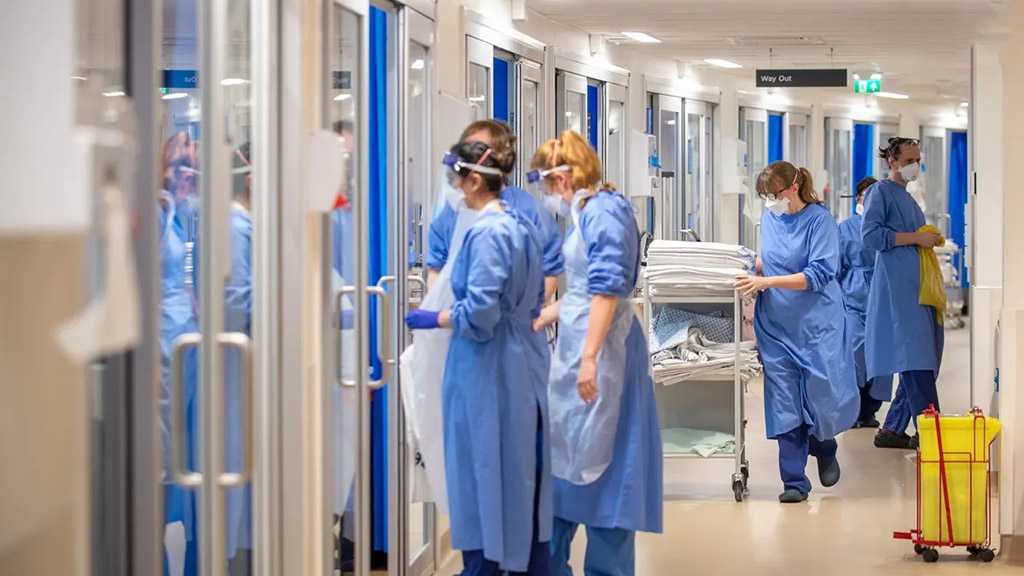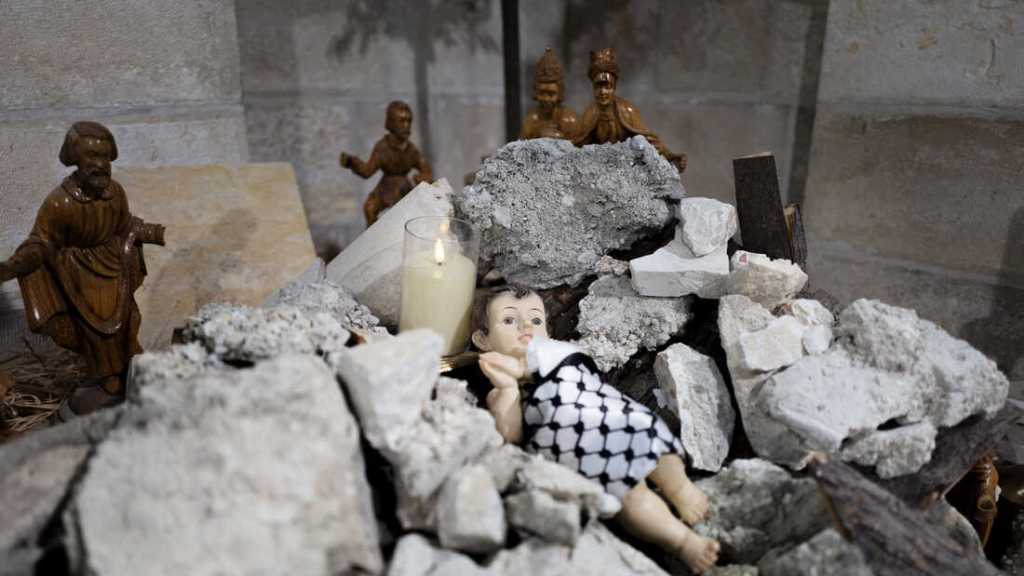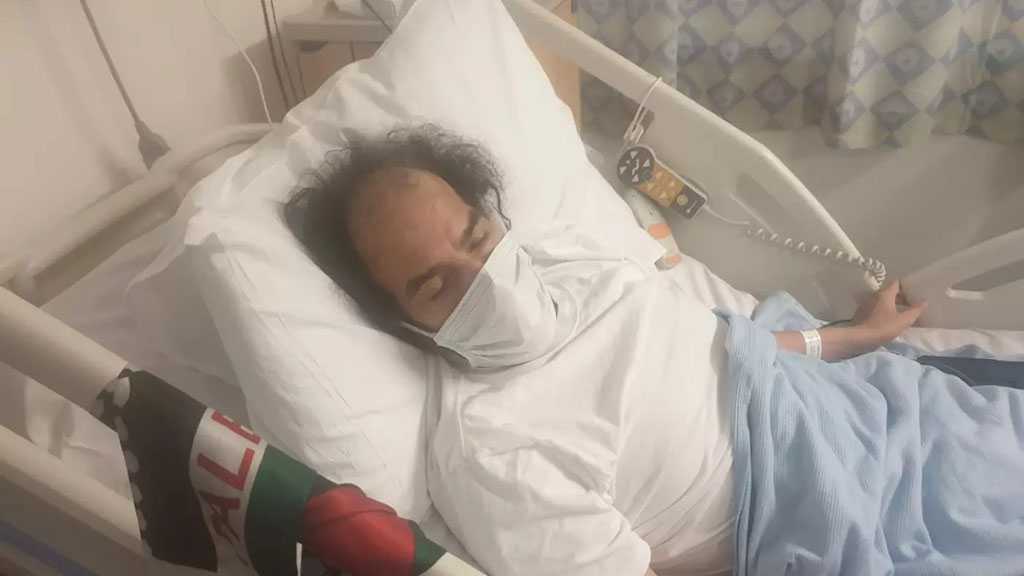
NHS: 40,600 People Likely Contracted COVID-19 While in Hospital for another Condition

By Staff, Agencies
Over 40,600 people likely contracted coronavirus while undergoing treatment in England's hospitals for some other reason, The Guardian reported citing NHS figures. The latter also revealed there is a huge regional difference in patients' risk of catching the novel virus after having been hospitalized with a different medical condition, be it a for a surgery or due to a flare-up of another disease.
In particular, just under a fifth – 19% – of those in hospital in northwest England's became infected while being an inpatient, as compared to the 11% rate in London hospitals.
In terms of per-trust statistics, the North Devon district hospital in Barnstaple, which is in the country's southwest, had the highest rate of such cases – 31%.
Hull University teaching hospitals trust, in Yorkshire, and Lancashire teaching hospitals trust shared the second highest rate of patients – 28%, who contracted the virus while being treated for another condition. Stockport also showed a 28% rate, with Brighton [27%, 367 cases] and James Paget in Norfolk [27%, 319 cases] trailing just behind.
Across England at large, one in seven – or 15% – of all patients treated for COVID-19 at the height of the pandemic, between 1 August 2020 and 21 March 2021, were infected while in hospital. The digits largely correspond to the findings of a recent study by Public Health England that established that 15.5% of all cases of COVID among hospitalized patients had either probably or definitely occurred while they were hospitalized.
Meanwhile, among the trusts that have registered the lowest rates of nosocomial infection in England are the Whittington hospital [1%], the North Middlesex and Homerton hospitals, both of which showed 4%, as per NHS figures.
Across the globe hospitals have been battling the spread of the infection on their premises, but England is understood to have been lagging behind in the effort. Last year's report by the Healthcare Safety Investigation Branch harshly criticized the NHS England's track record.
Doctors and hospitals claim that many of the cases were caused by the NHS's lack of beds and limitations in equipment in sometimes old and poorly ventilated hospital units. "The NHS went into the current pandemic underfunded, understaffed, and overstretched. The knock-on effects – particularly limited bed and workforce capacity – has unfortunately meant that controlling the spread of COVID-19 within hospitals has been more difficult than necessary", said Dr. Rob Harwood, chair of the British Medical Association's consultants committee.
Medical consultants also say that what added to the woes was health service bosses first deciding that hospitals should keep providing normal care irrespective of the then unfolding second wave of COVID. For instance, on 18 January, at the peak of it, hospitals were treating 39,249 people – a far cry from the 5,407 being cared for now.
"These heartbreaking figures show how patients and NHS staff have been abysmally let down by the failure to suppress the virus ahead of and during the second wave", Layla Moran MP, the chair of the all-party parliamentary group on coronavirus, was cited by The Guardian as saying.
NHS England argued that the real rate of hospital-acquired coronavirus is 4.5%, not 15%, and blamed heightened rates on the general numbers of those infected in the population. In its statement, it focused on cases viewed as "definite" if the person tested positive on or after the 15th day following admission.
An NHS spokesperson said: "The Office for National Statistics and other data conclusively demonstrate that the root cause of rising infection rates in hospitals is rising rates in the community".
The use of additional test kits, and hence across-the-board in-hospital testing has helped drive the numbers down:
"Since asymptomatic tests kits were made available for the first time by the government's test-and-trace program in November, millions of staff have been tested helping to keep infections as low as possible, and all staff have been asked to rigorously follow PHE's infection control guidance with hospital infection rates currently standing at around 4.5%", the spokesperson summed up.



